TED Radio Hour
By
The TED Radio Hour is a narrative journey through fascinating ideas, astonishing inventions, fresh approaches to old problems, and new ways to think and create.
Episodes
-
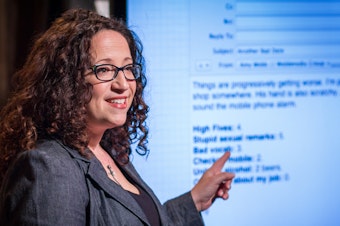
Amy Webb: A Glimpse Into The Future
This hour, futurist Amy Webb guides us through innovations that give a glimpse into the future of transportation, wellness, tech, commerce, and travel ... and the impacts they'll have on our lives.
-

Loretta J. Ross: What if we called people in, rather than calling them out?
How can we have more productive conversations with people we vehemently disagree with? Civil rights activist Loretta J. Ross gives us the tools to call people in—instead of calling them out.
-
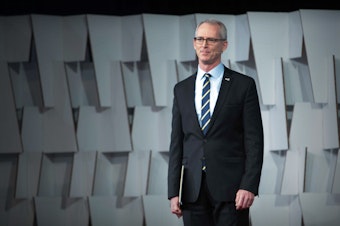
Bob Inglis: How I changed my mind about climate change
Former GOP congressman Bob Inglis used to believe climate change wasn't real. But after a candid conversation with his children and a hard look at the evidence, he began to change his mind.
-
Adam Grant: Why rethinking our ideas means we're growing
It's easy to stick to our beliefs and much harder to accept views that contradict them. But psychologist Adam Grant argues that rethinking our ideas is good for us—we might even come to enjoy it.
-
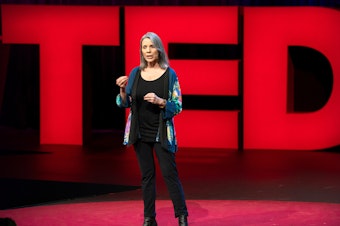
Robin Steinberg: How can the U.S. restructure the unjust cycle of the bail system?
Nearly half a million Americans are jailed because they can't pay bail. Public defender Robin Steinberg wanted to change that. She created an organization to pay bail for those who can't afford it.
-
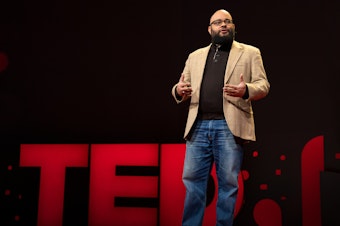
Phillip Atiba Goff: How can communities reimagine their approach to public safety?
Psychologist Phillip Atiba Goff analyzes data on how racial bias affects police behavior. He shares how communities can rethink their public safety systems, and ultimately better respond to crises.
-
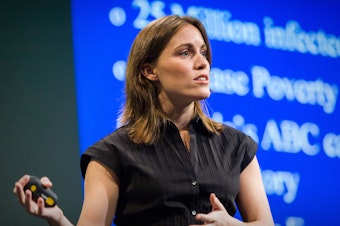
Emily Oster: Why wasn't the US tracking the spread of COVID-19 in schools?
In summer 2020, parents faced so many unknowns when it came to sending kids to school. Economist Emily Oster describes how she started collecting data nationwide to help parents decide for themselves.
-

Priti Krishtel: How can we reform the outdated US patent system to lower drug prices?
The U.S. patent system was designed to foster innovation and serve the public good. But it's no longer working as intended. Lawyer Priti Krishtel explains the consequences and how to change that.
-
Kathryn Whitehead: How can we safely deliver vaccines to the right cells?
mRNA vaccines are groundbreaking—but the mRNA inside them is fragile. Kathryn Whitehead explains how scientists have created the right "packing material" to safely deliver these to the right cells.
-
Erika Hamden: What does it take to send a telescope into the stratosphere?
Astrophysicist Erika Hamden spent 10 years building FIREBall, a telescope that reaches the stratosphere and looks for clues to how stars form. Launching it was more challenging than she ever imagined.
-
Amir Nizar Zuabi: How one puppet's 5,000 mile journey delivers a message of hope
Amal is a nine-year-old Syrian refugee. She's also a giant puppet. Theater director Amir Nizar Zuabi discusses how art can deliver a new message on the plight of refugees in his project "The Walk."
-
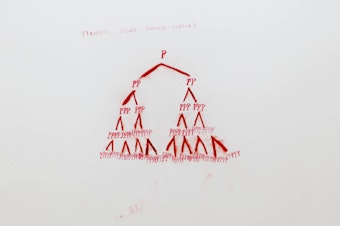
Shoham Arad: What Does It Take To Turn An Idea Into A Movement?
Anyone can have a big idea. But how do those big ideas come to fruition and grow? Director of the TED Fellows program Shoham Arad walks us through several speakers who turned a spark into a movement.